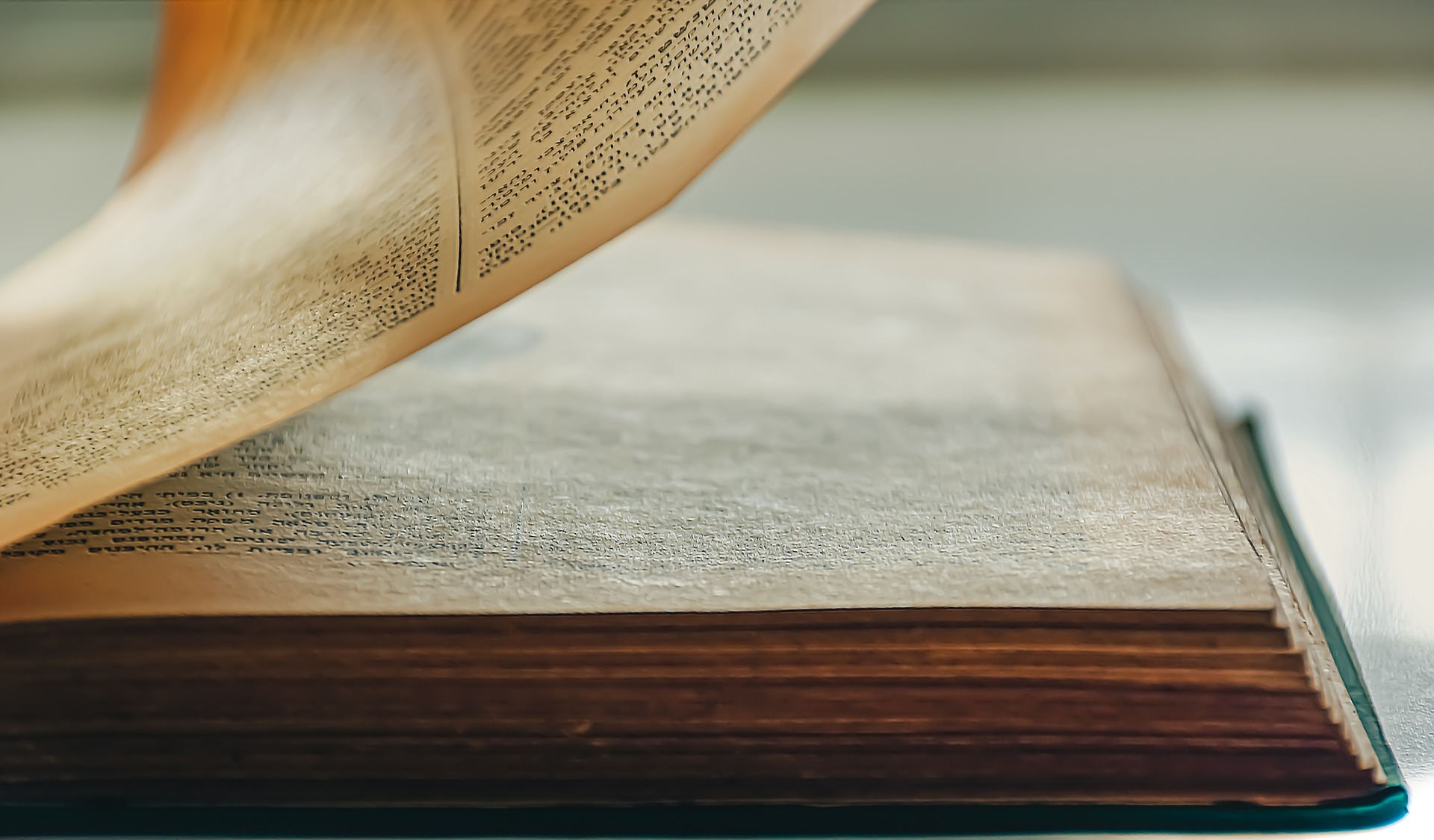Book History

Book history emphasises the importance of authorship, reading and publishing in the study of texts. Treating books as objects that were produced from materials, published, sold, read and exchanged, book history applies an archaeological emphasis on object analysis to print culture. While book history does not ignore the importance of the author and contents of a text, it focuses its analysis on the material book and its life. This means that book historians often study books that have been neglected by literary studies, such as cheap or popular books. In doing so, book history can demonstrate the place of the book in a network of economic and social relations. Books are made of materials that must be extracted from the environment, they are bound and constructed by human labour, and are exchanged through markets, book history draws on methods from a variety of disciplines to understand the history of these networks.
Book history is multidisciplinary, often drawing on tools from archival research and digital humanities. Much of the material book historians rely upon is found in archives, and an understanding of archival methods is essential. Book historians may be concerned with archives themselves, studying how archives were assembled and organised. Libraries, private collections and museums are all archives that may be of interest to book historians concerned with the construction and history of archives. Digital humanities provides a range of tools that book historians may find valuable. Access to digital archives makes searching for and accessing texts considerably easier, and provides the means for book historians to access works that may not be physically accessible to them. Actor-network modelling provides a means of visualising the networks of publishers, authors and readers that book historians study. Digital publishing allows book historians to view multiple editions of a text at once, providing links to alternative versions of a book that can be easily compared to one another. At Newcastle University, these tools are being used to better understand the history of the book from the Medieval manuscripts of Chaucer to Modernist magazines.
People
Dr. Kirsten MacLeod (Reader in Modernist Print Culture)
Prof. Matthew Grenby (Dean of Research and Innovation)
Dr. Joseph Hone (Academic Track Fellow in English Literature)
Dr. Aditi Nafde (Senior Lecturer in Medieval Literature)
Dr Katie East (Lecturer in History)
Dr Luc Racaut (Lecturer in History)
Resources
(2021, May 27). SHARP: The Society for the History of Authorship, Reading and Publishing. Retrieved from https://www.sharpweb.org/main/.
Finkelstein, D., & McCleery, A. (2002) The Book History Reader. London: Routledge.
Howsam, L. (2006) Old Books and New Histories: An Orientation to Studies in Book and Print Culture. Toronto: U of Toronto P.
Raven, J. (2017) What is the History of the Book?. Cambridge: Polity.










